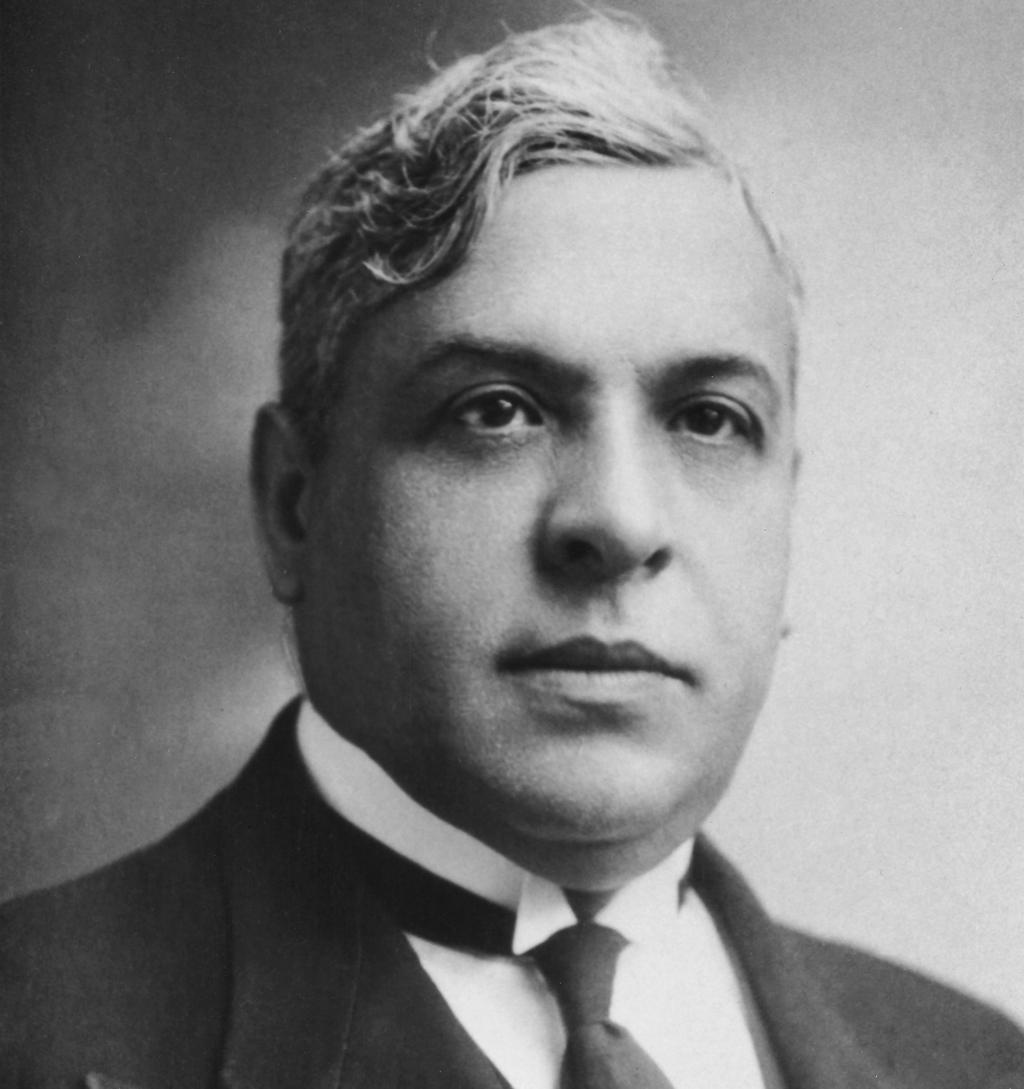As German forces advanced, thousands of people sought escape, making their way south. Portugal, and specifically Lisbon, became a vital gateway for those desperate to leave Europe. Many of the refugees were Jews fleeing the horrors of Nazi persecution. Lisbon served as their last chance for survival, offering a potential pathway to freedom in the United States.
Lisbon.vip Recommends
Lisbon became a hotbed of espionage during the war, with Estoril and the casino attracting spies from both the Allies and the Axis powers. The Palácio Estoril sheltered the Allies, while the Atlântico became a haven for agents of the Reich. The city witnessed a constant flow of goods, communication, and covert activities, with notable figures such as Ian Fleming and Duško Popov among the many involved.
The influx of refugees brought diverse cultures and new perspectives to Lisbon. The city experienced a transformation as European men and women arrived, bringing different habits and attitudes. The war opened minds to freedom and possibilities, with women smoking, frequenting cafés, and wearing unconventional attire. Lisbon served as a gateway to a world beyond the constraints of war, broadening horizons and challenging societal norms.
Lisbon's role during World War II as a transit city, a refuge for those seeking safety, and a hub of espionage remains a remarkable and often overlooked chapter in history. The city provided hope and a fresh start for thousands, thanks to the courage of individuals like Aristides de Sousa Mendes. Lisbon's transformation during the war, along with the cultural exchange it fostered, left a lasting impact on the city and its people, shaping their perspectives and opening doors to new possibilities.



